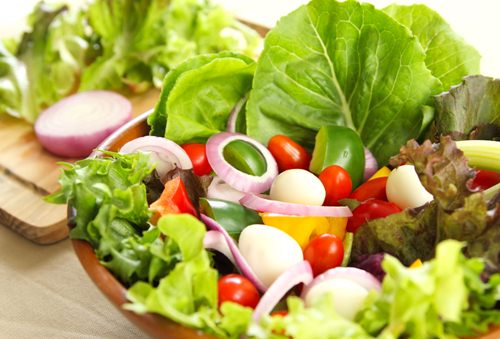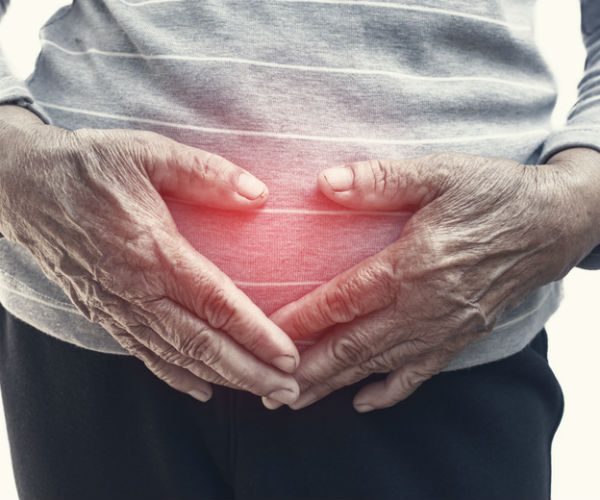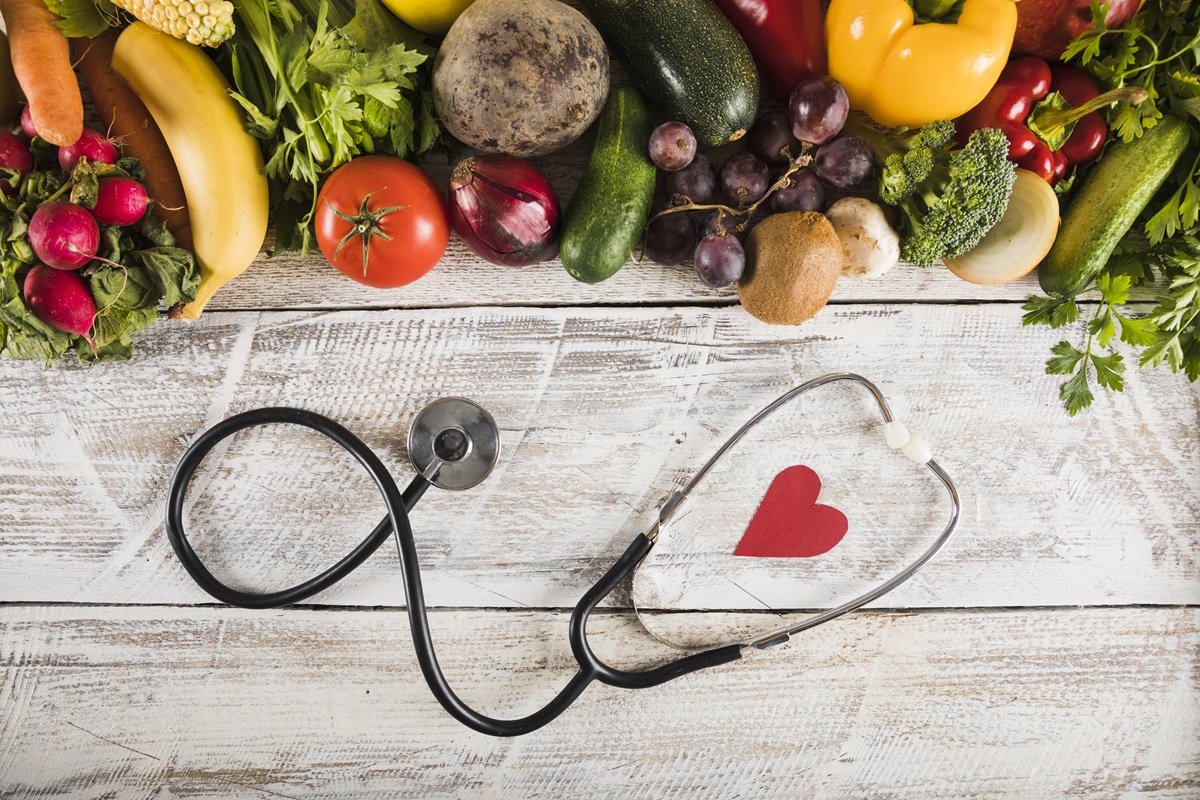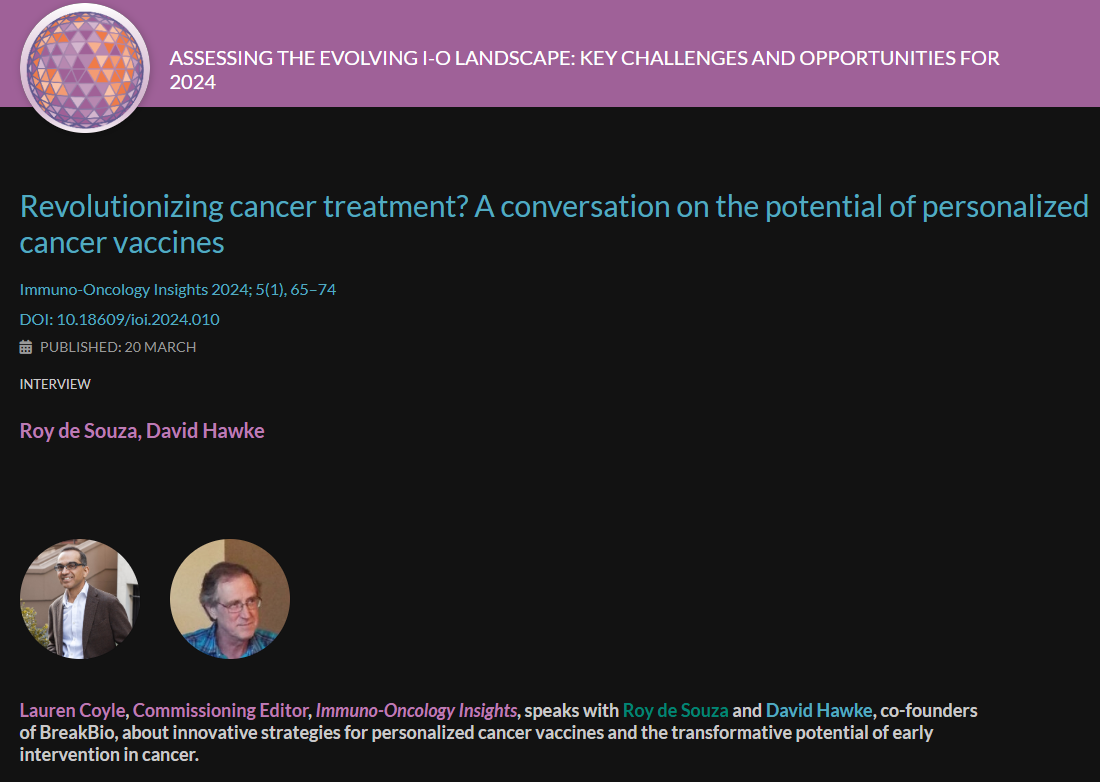FOOD AS MEDICINE
Since 1992, Europe has been studying the effect of diet on long term health through a collaborative study called EPIC (the European Prospective Investigation), which is the largest detailed study of the relationship between nutrition and cancer ever undertaken.
It involves over 500,000 people in 10 European countries, coordinated by the World Health Organization and supported by the European Union and national funding agencies.
What’s really exceptional about it is that those ten countries have very different diets and lifestyles, which makes this study a good one to demonstrate a relationship between diet and cancer, although high blood pressure, diabetes, and cardiovascular disease are also being studied for diet’s effect on them as well.
In the UK, there’s even one cohort composed only of vegetarians and vegans.
The jury is still out on the absolute role of diet in cancer, and whether a good diet could prevent cancer altogether, but some preliminary findings have emerged — enough to have kicked off quite a bit of interest in food as medicine. There is more information about the preventive effects of certain diets than about the curative effects of nutrition, but even those relationships are beginning to emerge.
One of the early findings was that a diet high in dietary fiber prevents lowers the risk of bowel cancer. Another commonly accepted finding is that increased fat consumption contributes to the risk of breast cancer, as do high levels of sex hormones.
But the most important discovery so far was that the combined impact of four behaviors – not smoking, being physically active, moderate alcohol intake and the consumption of at least five fruit and vegetable servings a day – was estimated to add fourteen years to your life.
While eating more foods with bioflavinoids had a preventive impact for women, the study couldn’t find correlation for men. (Bioflavinoids are present in parsley, wine, cocoa, and blueberries, among other foods.) Processed meats, on the other hand, were implicated in increased risk of all kinds of cancer for both sexes.
From these early findings came a new interest in food as medicine, Now, a study by the Dana Farber Cancer Institute finds that consuming nuts can actually help reduce recurrence and death for people with Stage 3 colon cancer, although no one knows why (yet).
The most recent study found a significant reduction in recurrence and death among patients with stage III colon cancer who regularly ate at least two one-ounce servings of nuts a week, compared to patients who did not eat nuts. The nut-eaters had a 42 percent improvement in disease-free survival and a 57 percent improvement in overall survival.
Interestingly, the association was statistically significant for consumption of tree nuts – walnuts, cashews, almonds, pistachios, hazelnuts, pecans macadamia nuts, and Brazil nuts – but not peanuts or peanut butter.
According to M.D. Anderson Cancer Center “The American Institute for Cancer Research promotes a plant-based diet. Two-thirds or more of your plate should be plant-based foods.
That’s in part because plant-based foods contain phytochemicals, the nutrients that you’re immune system needs to fight off diseases like cancer. Plant-based foods also contain more fiber, which can help lower your cancer risk. Fiber not only keeps you feeling full longer, but it helps lower your cholesterol, stabilize blood sugar levels and manage your bowels. Meat just doesn’t have that.”
One popular theory about the relationship between food and cancer is that the ultimate cause of cancer in the body is chronic inflammation, Constant inflammation, often caused by environmental toxins found in processed foods and other sources, especially in the factory-farmed agricultural United States causes cells to mutate and grow randomly, and because inflammation also lowers the immune system, those cells grow as cancers.
It is important to reduce pesticide residues, preservatives, ripening agents, plastics, pollutants and other toxins in the food and water we eat and drink. This will reduce chronic inflammation. But while working on cleaner food we must also become really good at curing cancers. That is my focus.


